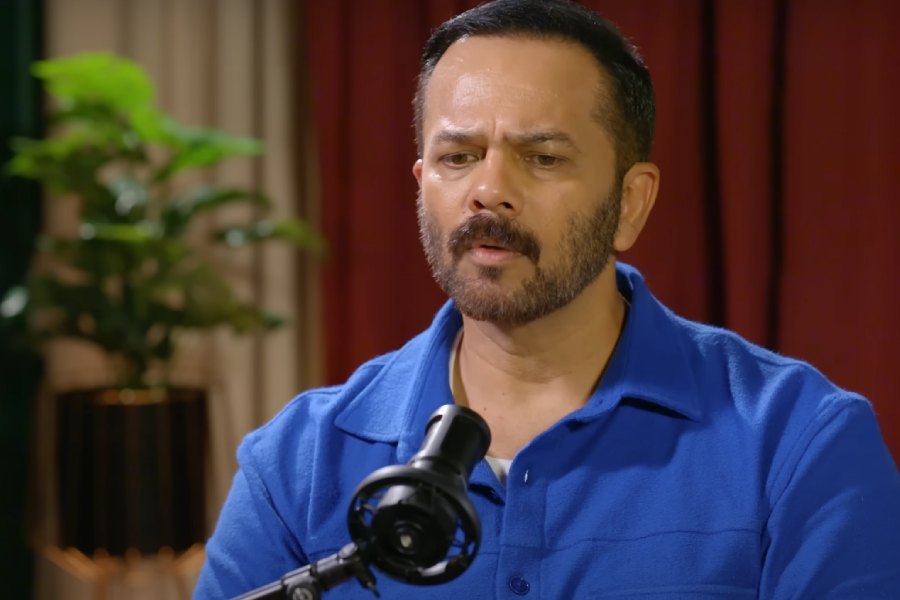July 31: The Thengal Kacharis are returning to their roots — literally and figuratively — to attain self-sufficiency.
The Thengal Kachari Autonomous Council has embarked on a massive farming drive in Titabor, chief minister Tarun Gogoi’s constituency. It plans to cultivate a 40-bigha plot of land with high-yielding varieties of rice. Another project on the cards involves silk production.
“Since most people of our community were engaged in agriculture since ancient times, we are encouraging a return to farming, though with the best modern practices,” said council principal secretary D.K. Nath.
The vast majority of the Thengal Kachari population of around three lakh lives below the poverty line.
Thengal Kacharis are a branch of the Bodo community and their population is spread mostly over the Titabor-Golaghat belt in Upper Assam.
The council, floated about a year-and-a-half ago, has selected a plot of land at Madhapur in Titabor for the project. The plot had been lying barren for several years now.
Nath said the council recently purchased three tractors and three quintals of high-yielding variety of paddy seeds from Assam Agricultural University.
“We hope to raise at least 3,000 quintals of paddy saplings, which would be distributed among our community at low prices,” he said.
Apart from paddy cultivation, the council is planning to go in for sericulture. A large section of the community was engaged in silk production in earlier times.
Pointing out that most of the people from the Thengal Kachari community live in abject penury, Nath said the council wanted to make them self-reliant. “Agriculture is their preferred mode of income and we are focusing on that,” he added.
Most people from the community own plots of arable land but find it difficult to buy seeds for cultivation. “We hope the high-yielding varieties of paddy saplings will help them become successful farmers,” Nath said.
Kumud Kochari, the chief executive of the council, said: “Our ancestors were totally dependent on farming. We want our community to become self-reliant through agriculture and sericulture.”










